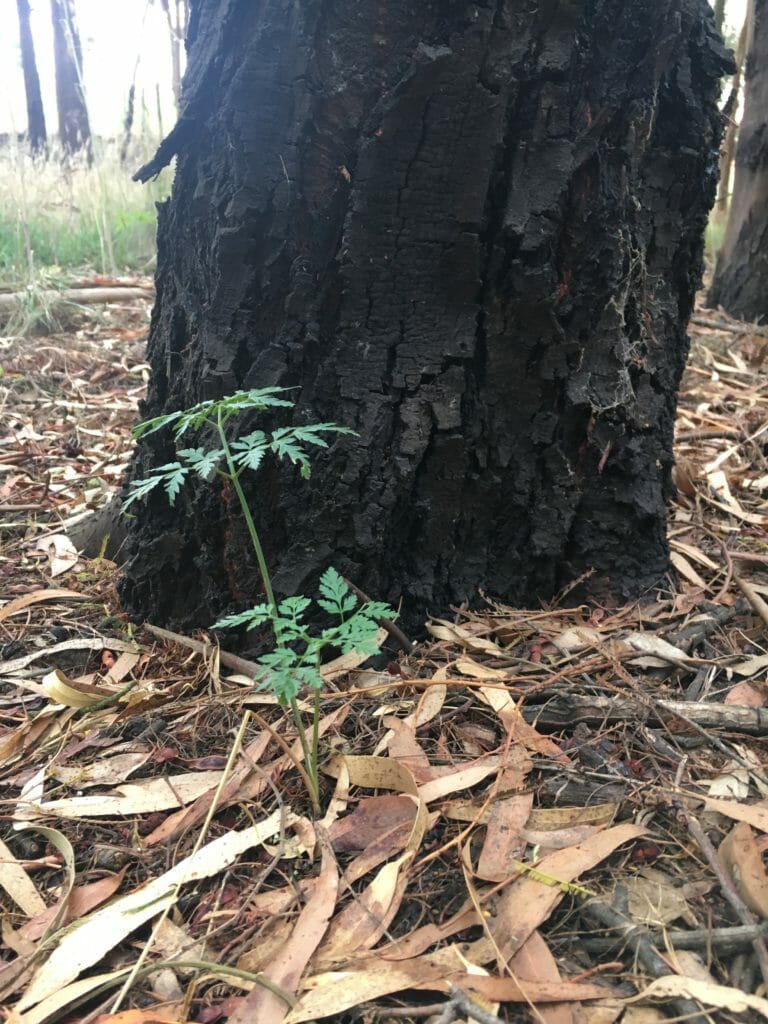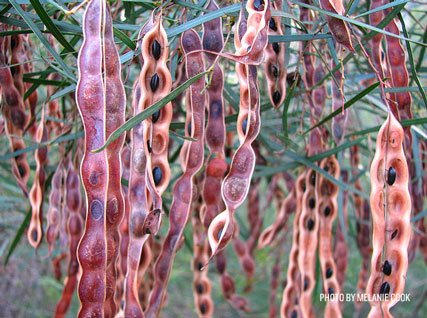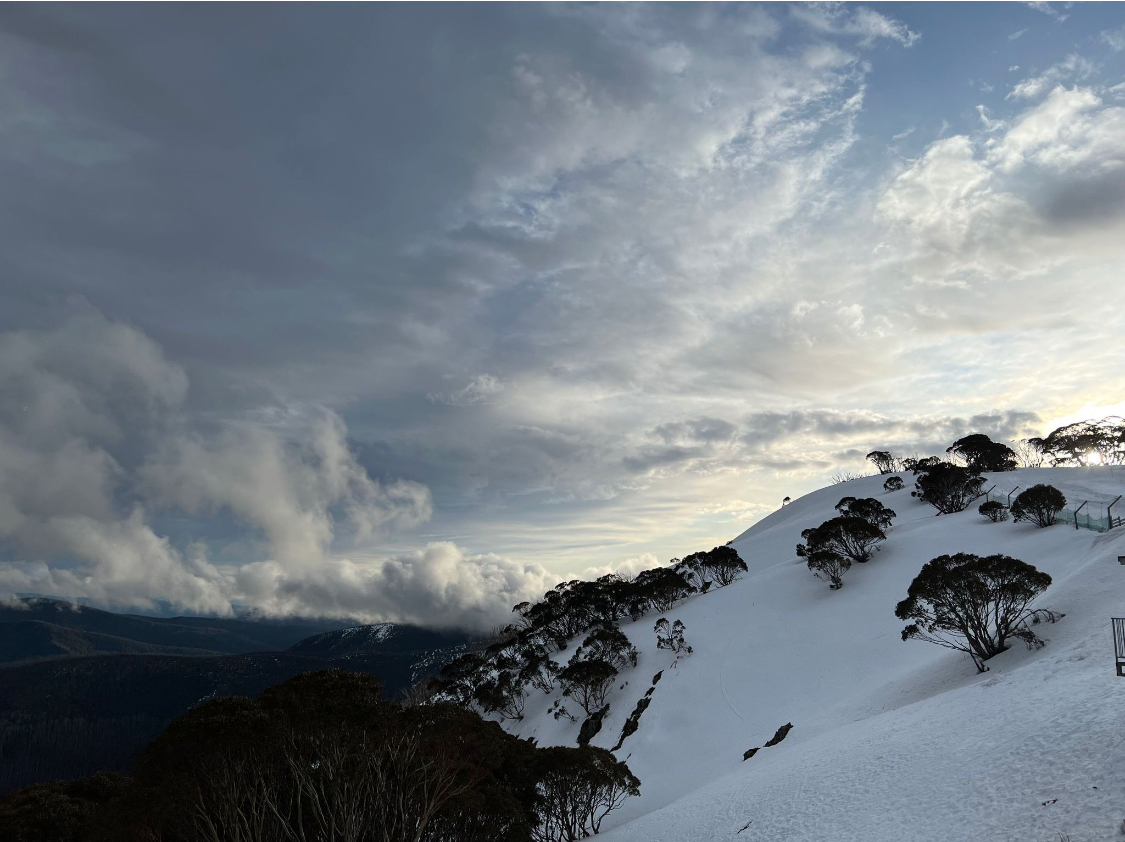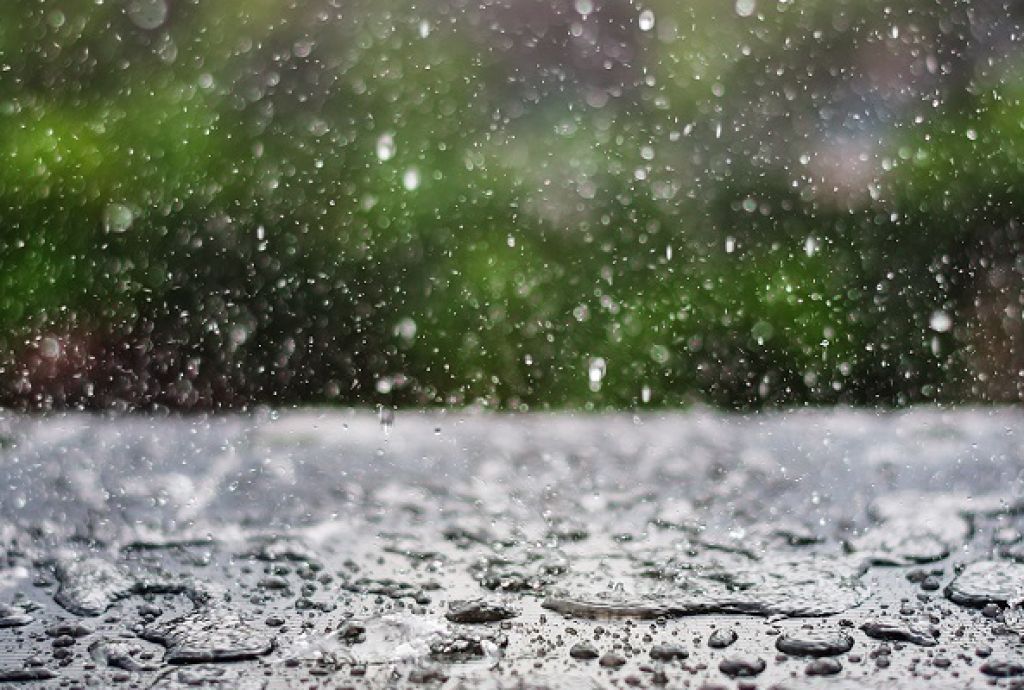As one of our most challenging Australian summers ever, drags towards autumn, many of us are feeling a sadness that’s a little hard to articulate. Maybe we catch a passing news byte and learn that Tasmania’s kelp forests are dying. Maybe it’s an image of dead fish in the Darling that brings tears to our eyes. Sometimes it’s a shattering new economic reality, for others it’s a heart-wrenching loss of eons-old cultural heritage. It’s something we’ve all felt recently, to a greater or lesser degree, as we watch the skies go red, our landscapes burn, and our wildlife perish.

There are words for this feeling now – ecosadness, ecoanxiety, ecological grief, solastalgia. The feeling that the world as we know it is disappearing, the knowledge that humans are the cause, the devastating loss of place, and the overwhelming sense of powerlessness.
Dr Neville Ellis (UWA) and Dr Ashlee Cunsolo (Memorial University of Newfoundland) have been researching the emotional effects of extreme ecological loss. They’ve found the impact is similar all over the world. Inuit communities experience and react to melting sea ice with the same sense of despair, grief and frustration as famers in outback Australia who watch their whole life blow away in increasingly savage dust storms. People grieve, the researchers say, for ‘lost environmental knowledge and associated identities. In these cases, people mourn the part of self-identity that is lost when the land upon which it is based changes or disappears.’
But it is not all desolation. Part of the purpose of research into this field is to legitimise these feelings of grief, to articulate them, and by doing so give people a sense of connection. When the very land beneath our feet is shifting, we need the stability of true connection to other humans more than ever. Collective grief can lead to collective action. And where there is action, there is always hope.
We are hopeful here at Fifteen Trees, despite our grief for the changes we see all around us. There are incredible people and communities doing wonderful things for our natural environment. Doing something, anything, helps channel that sadness into positive and meaningful action. And you can be a part of this grass-roots uprising. We’ve have many community organisations who need help to revegetate their district, and we encourage anyone who is feeling the need to act to purchase trees or reach out to your local landcare or environmental group and ask if you can join in with their next community action day.
Let’s make a difference, together.
Article by Sarah Hart
Sarah is an artist whose passions include the stories and experiences of women and narrative driven creative work. Her aim is to delight, to reveal glimpses of everyday beauty, and to celebrate flights of the ordinary. Sarah works across a range of media, with an abiding interest in pen and ink, mixed media and the human form.


